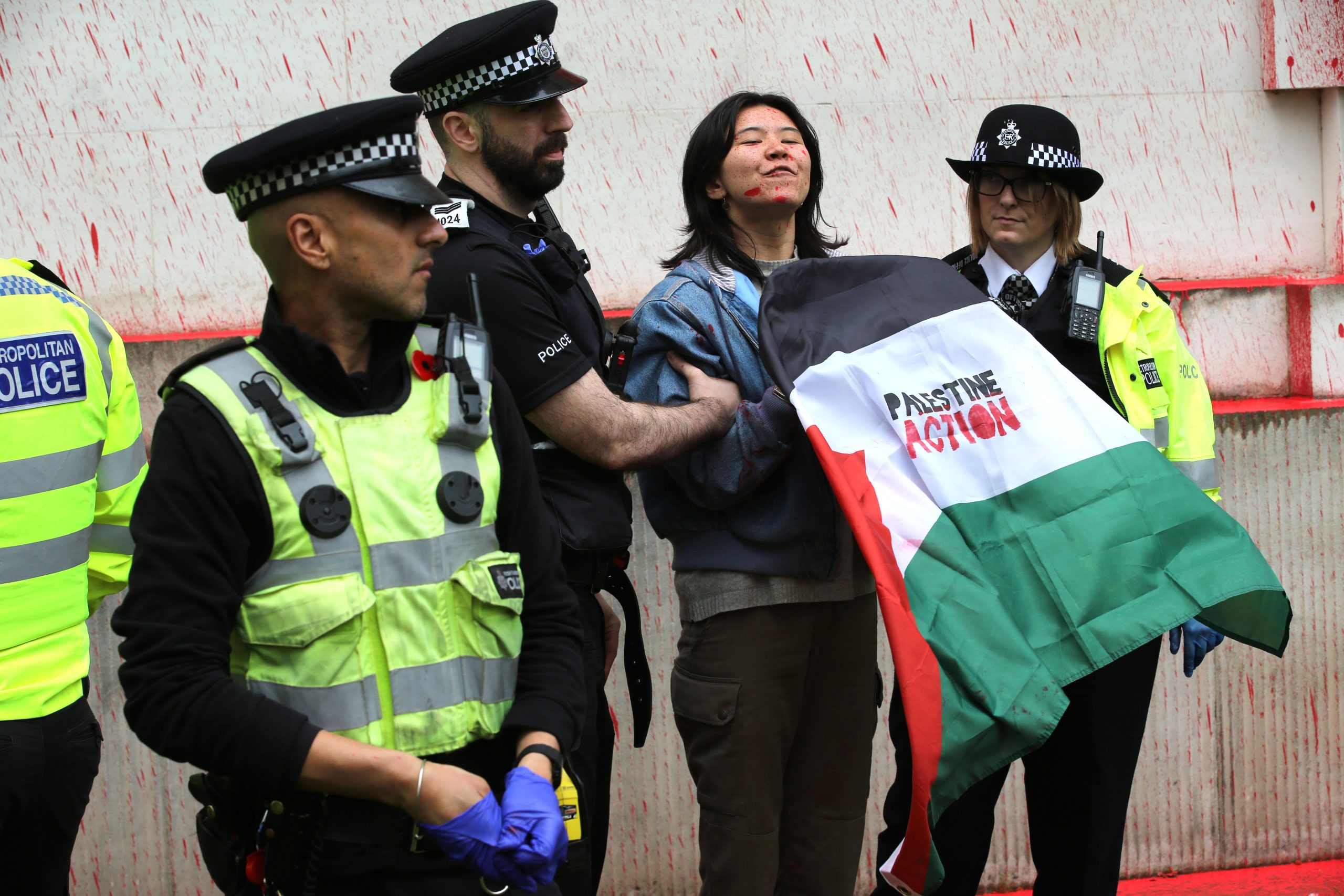At 11am yesterday (Wednesday 22.04.20), the government quietly tightened lockdown restrictions across England. The Health Protection (Coronavirus, Restrictions) (England) (Amendment) Regulations 2020 amends the previous statutory instrument (SI. 2020/350) that forms the legal basis for lockdown measures, most notably the restrictions on freedom of movement.
As I have detailed previously in these pages, the legal enforcement of the coronavirus lockdown has been a confused and dangerous mess, with both the cops and the lower courts ignoring the law as written, instead enforcing their own understanding of government advice.
Yesterday’s ammending regulations were (presumably) intended to help remedy this by clarifying some of the ambiguities in the wording of the law. However, buried amongst the technical minutae is something much more substantial: the introduction of a new coronavirus offence.
The legal restrictions on movement outside of the home are created by Regulation 6 of the Health Protection (Coronavirus Restrictions) Regulations. Previously, Regulation 6(1) prohibited any person in England from leaving their home without a “reasonable excuse”. However, following yesterday’s amendment, Reg 6(1) now reads: “During the emergency period, no person may leave or be outside of the place where they are living without reasonable excuse…”.
The word ‘or’ is crucial here. Standard English usage suggests it be read disjunctively, as a linguistic expression marking an alternative between two options, both of which are (individually) against the law. From this it follows that simply being outside of one’s home without a reasonable excuse may now break the law, even if you had a perfectly good reason for leaving the house in the first place.
This interpretation appears to be confirmed by the accompanying explanatory note which states:
“Regulation 6 is amended to clarify that under regulation 6(1), the prohibition applies both to leaving the place where a person is living without reasonable excuse, and also to staying outside that place without reasonable excuse.”
However, as Rachel Jones points out on the Blackstone Chambers blog (which is essential lockdown reading for legal nerds), if the aim was to reduce – rather than increase – ambiguity, the amended regulations fail rather spectacularly, raising more questions than they answer. For example, as Jones asks:
“(1) Is a “reasonable excuse” now time-limited? If a person leaves home because they need to exercise alone (Regulation 6(2)(b)), is that still a “reasonable” excuse to be outside hours later? If not, how can that individual determine the point at which their original purpose ceases to protect them from sanctions?
(2) How might a “reasonable” excuse to leave home differ from a “reasonable” excuse to “be outside”? Formerly, Regulation 6(1) required a focus on the reason for leaving home, which was arguably narrower and more precise. After the Amending Regulations, there are now 14 illustrative examples of “reasonable excuse” in either case, including new subparagraph (ga) of Regulation 6(2): “the need … to visit a burial ground or garden of remembrance, to pay respects to a member of the person’s household, a family member or friend”.”
As things stand, there are no clear answers to these questions, which means that cops and other designated officials have a huge amount of discretion with respect to what ‘lockdown’ looks like and how it is enforced. It should go without saying that this is very dangerous thing: when cops are given discretion as to how the law is enforced, they often use it in ways that are racist or otherwise oppressive.
It is thus vital that, as the lockdown continues, we try and hold the police to account for their actions – whether that’s through reporting (such as the daily updates produced by Netpol and the Undercover Research Group), supporting individuals taking out civil actions against the police or through the workshops and know your rights resources produced by organisations such as LCAPSV, StopWatch and Bristol ABC.

(1) Or to put it another way: a disjunction such as “A or B”
Carl Spender
Photo creidt: Lonpicman on Wikicommons – used under CC BY-SA 3.0








